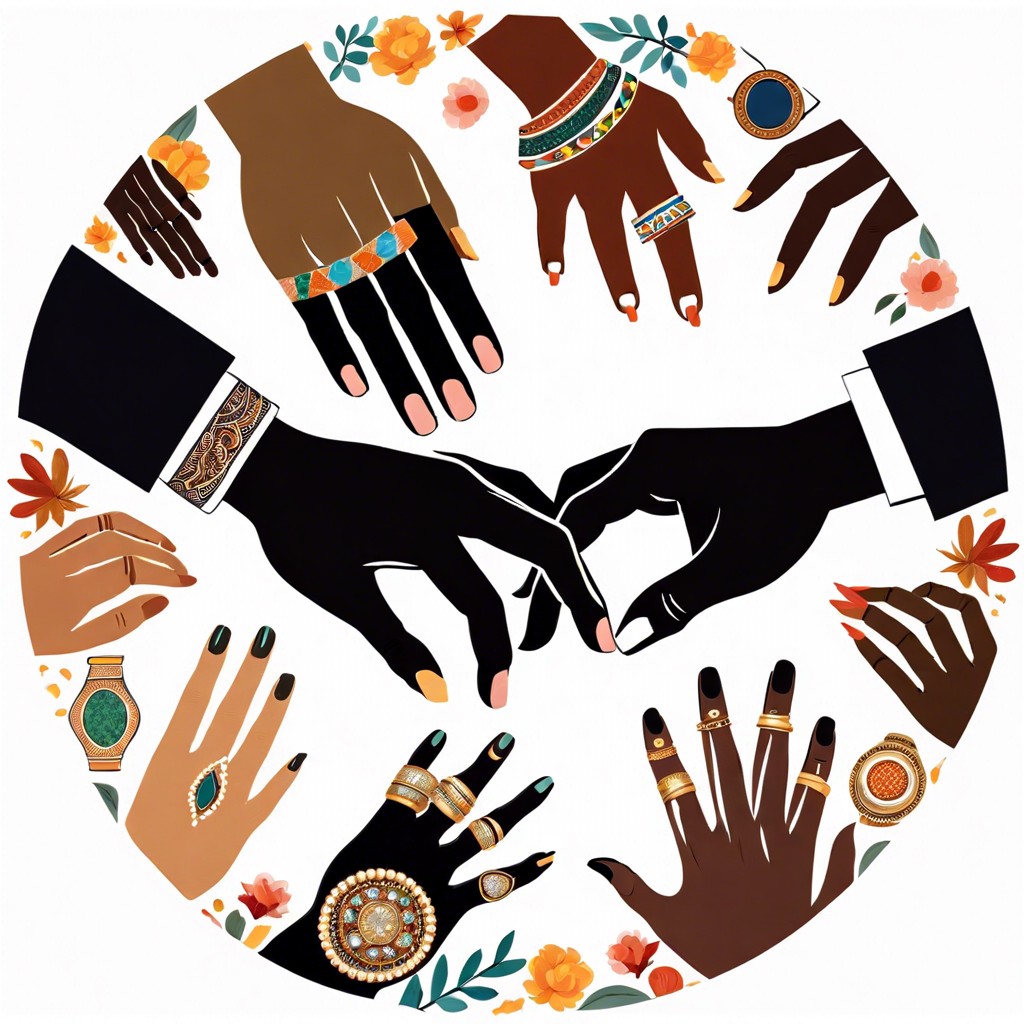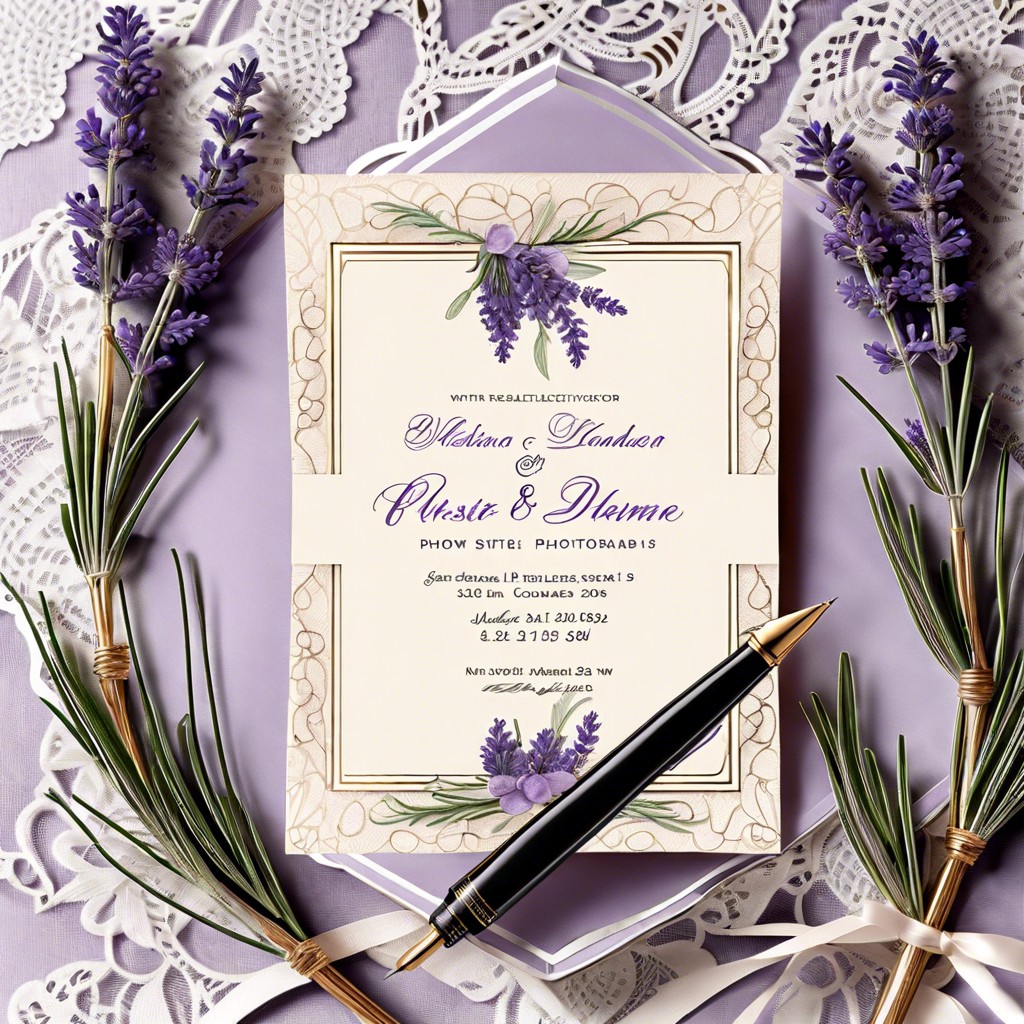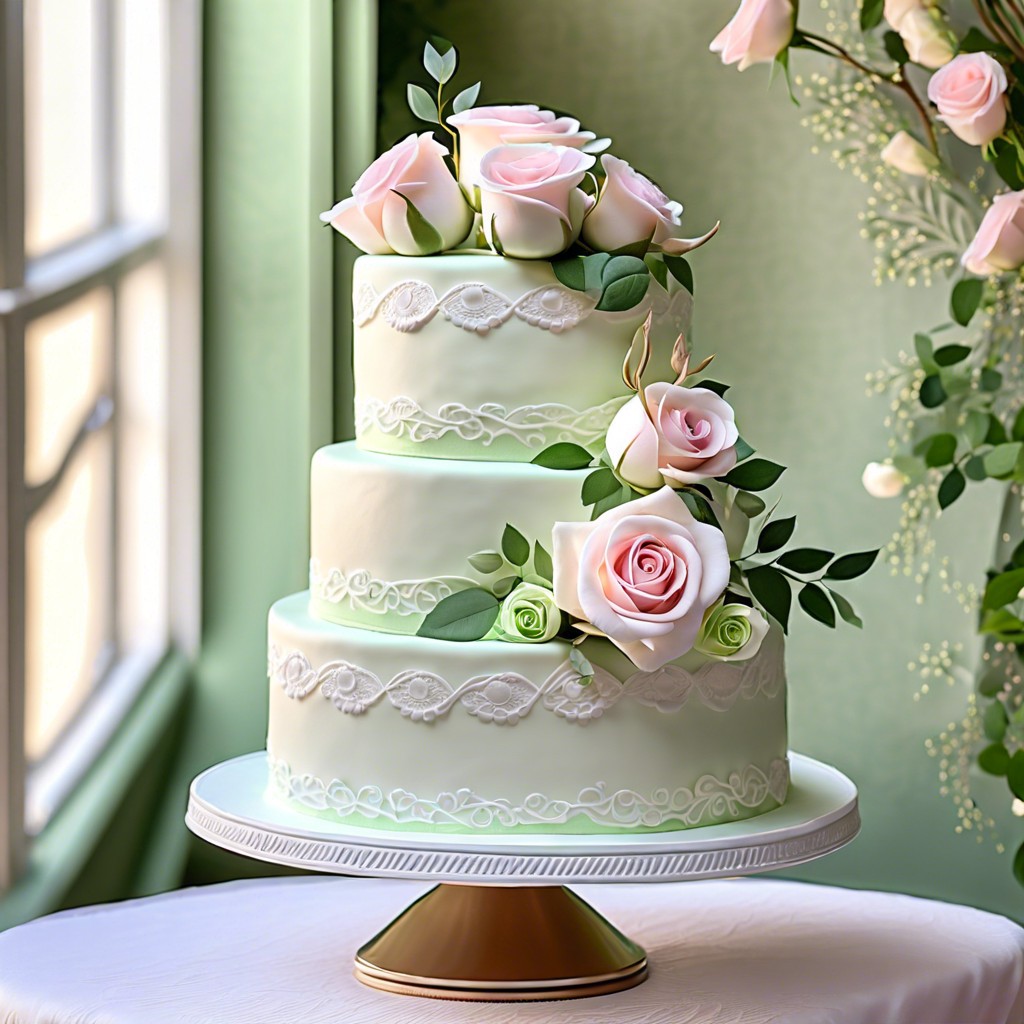Planning a wedding can seem daunting, but with this step-by-step guide, you’ll easily navigate all the essential details, from picking the perfect venue to choosing your dream cake.
Key takeaways:
- Set your wedding budget and stick to it
- Construct a list of wedding priorities
- Research your venue options
- Choose your wedding party wisely
- Add some personal touches
Set Your Wedding Budget and Stick to It

Establishing a clear financial plan early on will guide your decision-making and keep stress levels in check. Consider these actionable points for budget management:
- Assess Finances: Begin by reviewing your savings, projected contributions from family, and any other funding sources. Your total will influence your choices.
- Allocate Wisely: Prioritize expenses by allocating more funds to areas that matter most, like venue or photography, while trimming costs on less important aspects.
- Track Spending: Use a budget tracker or spreadsheet. Record every expense, no matter how small, to avoid overspending.
- Expect the Unexpected: Set aside a contingency fund, about 5-10% of your total budget, for unforeseen costs.
- Be Realistic: Don’t forget to include hidden costs such as gratuities, taxes, and service fees in your calculations.
- Review Regularly: Revisit your budget whenever you book a service or purchase an item, ensuring you remain within your financial limits.
Smart budgeting allows for a celebration that reflects your values without compromising financial security.
Construct a List of Wedding Priorities
Identify what matters most to you and your partner—this may be live music, a gourmet meal, or a location that holds special memories. Allot more of your budget and planning energy here.
Consider your guests’ experience, but remember it’s your day. If having everyone you know there is crucial, prioritize a larger venue over elaborate decor.
Think season and setting. If you dream of an outdoor ceremony, a summer or early fall date might be key.
Photography lasts a lifetime, so if these memories are important, allocate funds for a skilled photographer.
Don’t forget the legalities. Ensure that your marriage license, officiant details, and any required permits are top of your checklist to avoid last-minute stress.
Balance tradition with personal preference. If certain customs don’t resonate with you, focus on what feels right for your union.
Remember, the aim is to create a day that feels authentic to you both. Priorities are personal, so tailor this list to reflect your unique vision for the day.
Research Your Venue Options
When exploring potential venues, consider the capacity to ensure it accommodates your guest list comfortably. Think about location in terms of accessibility for guests, especially if many will be traveling from out of town.
Reflect on the style and vibe of the place – does it match your wedding theme? Inquire about availability for your desired date and what is included in the rental fee, such as furniture, A/V equipment, and on-site support.
Check if the venue has preferred or required vendors, and understand the catering options – do they have in-house services or will you need to hire an external caterer? Visit the site at the same time of day as your event to get a feel for the lighting and ambiance.
Lastly, always ask about the cancellation policy and read the contract thoroughly before making your decision.
Choose Your Wedding Party Wisely
Selecting the right people to stand beside you on your big day is a decision that requires thoughtfulness. Consider the following points when choosing your wedding party:
- Think about long-term relationships: Aim to choose friends or family members with whom you’ve built a strong, longstanding connection and foresee that lasting.
- Reflect on reliability and responsibility: Opt for individuals who are dependable and capable of handling the responsibilities that come with being a part of a wedding party.
- Consider personalities and dynamics: Be mindful of how potential wedding party members might interact with each other to foster a harmonious atmosphere throughout your celebrations.
- Balance size with intimacy: A smaller wedding party can provide a more intimate feel, while a larger one can accommodate a wider circle of friends. Determine which is more important to you and your partner.
- Communication is key: Make sure anyone you are considering is looped in on expectations and requirements before they agree to take on the role.
Add Some Personal Touches
Incorporating personal touches into your wedding celebrates your unique story. Consider handwritten vows expressing your heartfelt commitment to one another.
Infuse elements that reflect shared hobbies or passions; for instance, if you both love literature, use classic books as the base for your centerpiece designs.
Introduce a signature cocktail that resonates with a memorable moment from your relationship, or select a mix of songs that soundtrack your journey together for the reception playlist.
Don’t neglect family traditions; they can be woven into the ceremony or the food menu, honoring both your pasts as you step into the future.
Remember, these details don’t just tell your story—they create an unforgettable experience for your guests.
FAQ
Is $5,000 enough for a wedding?
Yes, planning a beautiful wedding day for as little as $5,000 is indeed possible.
How much money do you need to plan a wedding?
The average expenditure on planning a wedding was approximately $30,119 in 2023, however, strategic decisions can significantly reduce this cost.
What are the key elements to consider when budgeting for a wedding?
When budgeting for a wedding, key considerations should include the venue, catering, photography, decorations, entertainment, the dress and attire, invitations, and an emergency fund for unexpected costs.
How can one save costs when planning a wedding?
One can save costs when planning a wedding by prioritizing essential expenses, choosing a less popular wedding date, opting for a smaller guest list, and going DIY for decorations and invitations.
Is it more economical to hire a wedding planner or to plan the wedding independently?
While it's possible to save money by planning the wedding independently, hiring a professional wedding planner often brings valuable vendor discounts, budget management, and stress reduction that can provide better overall value.



